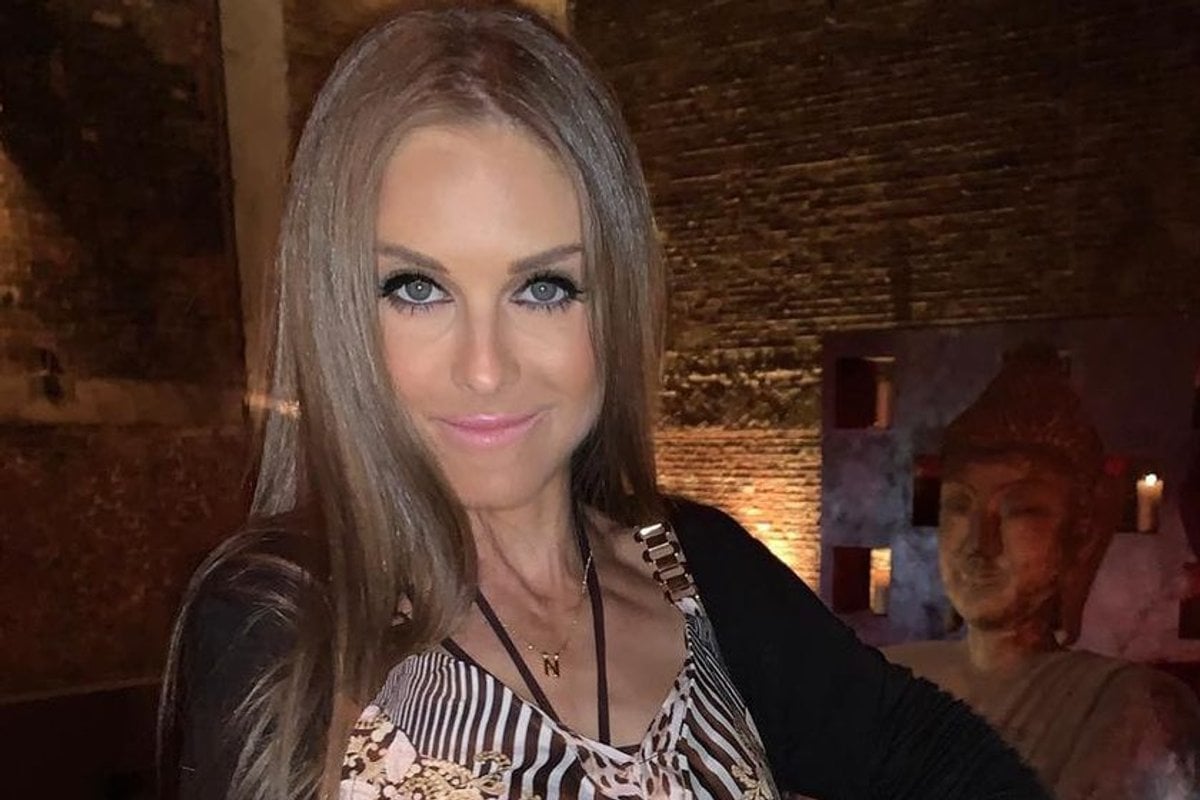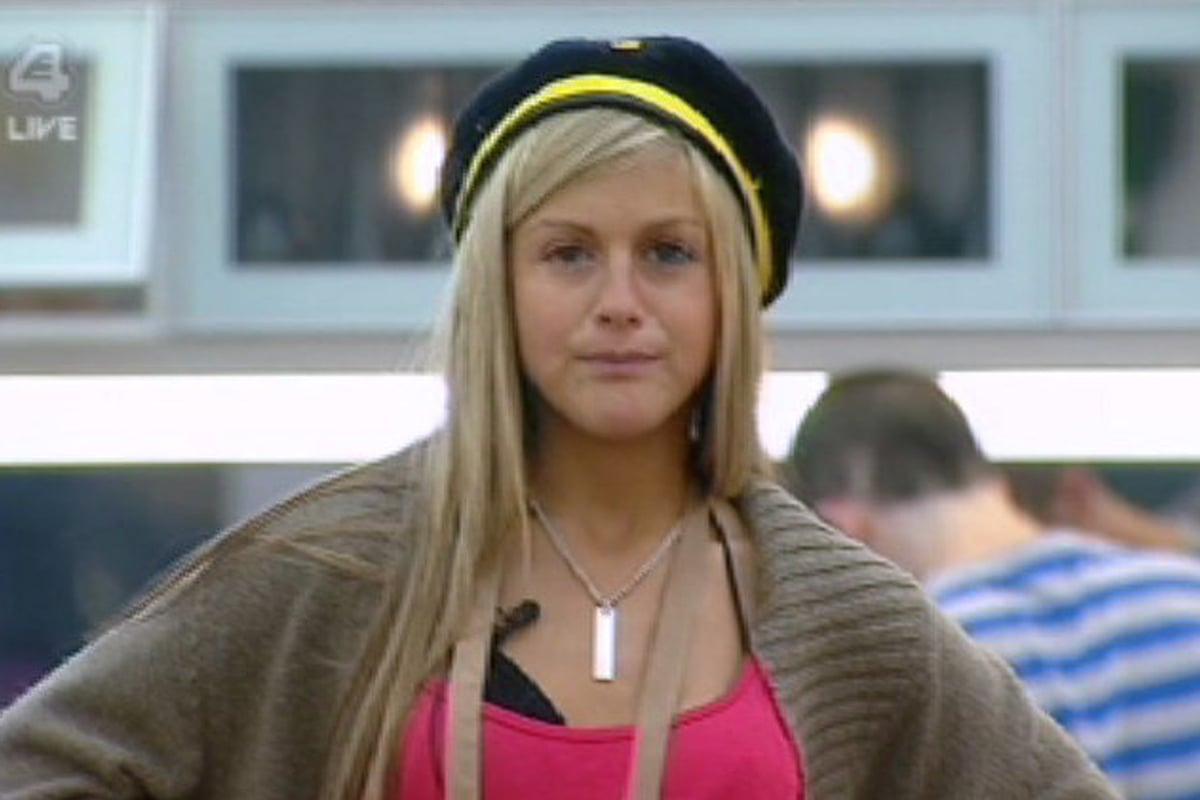
This post deals with eating disorders and might be triggering for some readers.
Less than a month ago, the friends of Nikki Grahame - a UK reality television star - set up a 'GoFundMe' page to help pay for her treatment for a debilitating illness that she had suffered from for most of her 38 years.
Grahame had anorexia nervosa. She had relapsed during the pandemic.
Her friends explained they had exhausted almost all treatment services, with her only option left being a specialist clinic.
"Nikki constantly feels weak and is struggling on a day-to-day basis," her friends wrote at the time. "She feels trapped and really wants to get better but feels like it’s impossible. It’s heart-breaking and we desperately just want a healthy and well Nikki back with us. She has no energy and is taking each day as it comes."
They raised £65,500 ($A117,000) to pay for the care they hoped would save her life.
